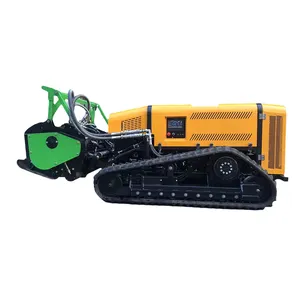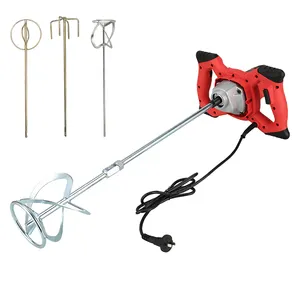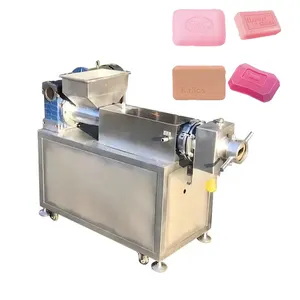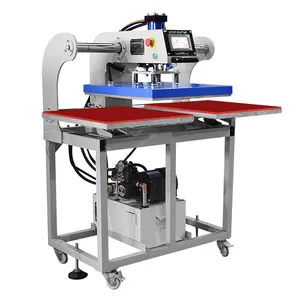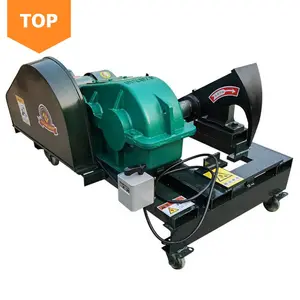Popular in your industry

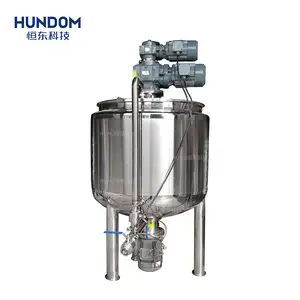






























































Related Searches:
























































































































Top categories
About electric heating sugar syrup mixing tank
Introduction to Electric Heating Sugar Syrup Mixing Tanks
Electric heating sugar syrup mixing tanks are specialized vessels designed for the precise preparation and storage of sugar syrups in various industries. These tanks are integral to operations that require consistent heating and mixing to maintain syrup quality and characteristics.
Types and Applications
There are multiple types of electric heating sugar syrup mixing tanks catering to different volume needs and process requirements. Their applications span across food and beverage production, pharmaceuticals, and confectionery manufacturing, where they play a crucial role in ensuring the homogeneity and stability of sugar syrups.
Features and Materials
These mixing tanks come equipped with features such as temperature control systems, agitation mechanisms, and sometimes cooling jackets to ensure optimal conditions for syrup processing. Constructed from materials like stainless steel, they offer durability and comply with food safety standards.
Advantages of Using Electric Heating Tanks
Utilizing an electric sugar syrup mixing tank ensures precise temperature management, which is essential for maintaining syrup quality. The electric heating element provides a clean and efficient heat source, reducing the risk of contamination and enhancing the consistency of the final product.
Considerations for Selection
When selecting an electric syrup mixing tank, consider factors such as capacity, heating method, type of agitator, and material compatibility with sugar syrup. These considerations are crucial for ensuring that the tank meets the specific needs of your production process.
Maintenance and Care
Regular maintenance of your sugar syrup mixing tank is essential to prolong its lifespan and ensure the safety and quality of your syrup. Proper care involves routine cleaning, inspection of heating elements, and checking the integrity of seals and mixers.
